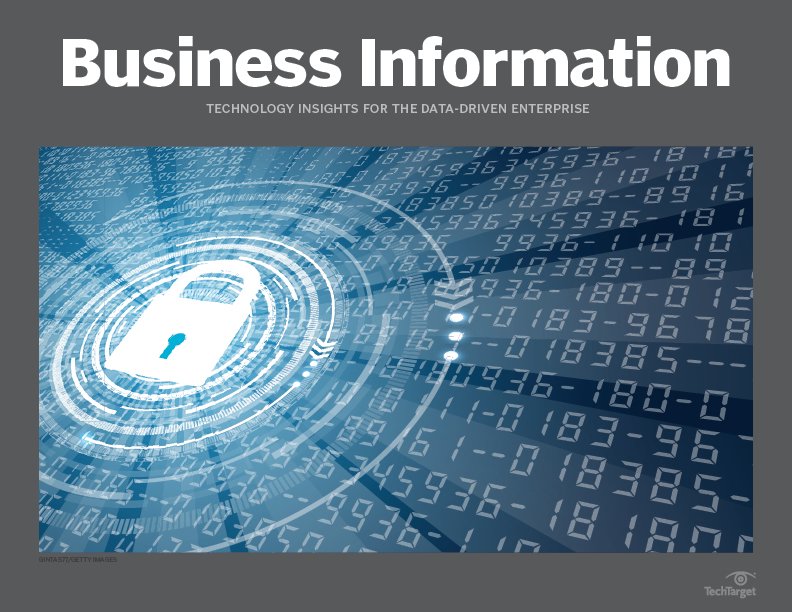PRO+ Premium Content/Business Information
Access your Pro+ Content below.
U.S. data protection laws fall short in the age of big data

This article is part of the Business Information issue of April 2018, Vol. 6, No. 2
The European Union's data protection laws to safeguard consumers' personal data and limit what companies can do with the data they collect is set to crack down on the Wild West era of data collection, use and abuse. In other words, the party's over; data protection officers are on their way. The EU's General Data Protection Regulation, or GDPR, enforceable beginning May 25, requires that personal data be collected with structure and purpose. This set of data protection laws limits how much personally identifiable information companies have the right to collect from their European customers, how they can use it and how long they can retain the data. Companies with an EU presence not in compliance with the data protection laws risk penalties of up to 4% of their annual total revenue. Why Europe takes data privacy more seriously At its core, GDPR prioritizes EU citizens' rights to privacy above corporate interests in the collected data. For that reason, I'm skeptical that broad data protection laws will come to pass in the U.S., ...
Features in this issue
-
GDPR requirements put focus on data ethics, governance
The General Data Protection Regulation makes privacy paramount and reinforces the practice of good data governance. Will a new focus on data ethics be an important side effect?
-
Data integrity protection spurs greater security spending
As hacking, ransomware and malware attacks mount, companies place big data protection and integrity among the primary reasons for increased spending on security software.
Columns in this issue
-
U.S. data protection laws fall short in the age of big data
Data breaches and a history of data abuse led the EU to adopt GDPR, but it might take massive scale data security crises for the U.S. to legislate similar data protection laws.
-
